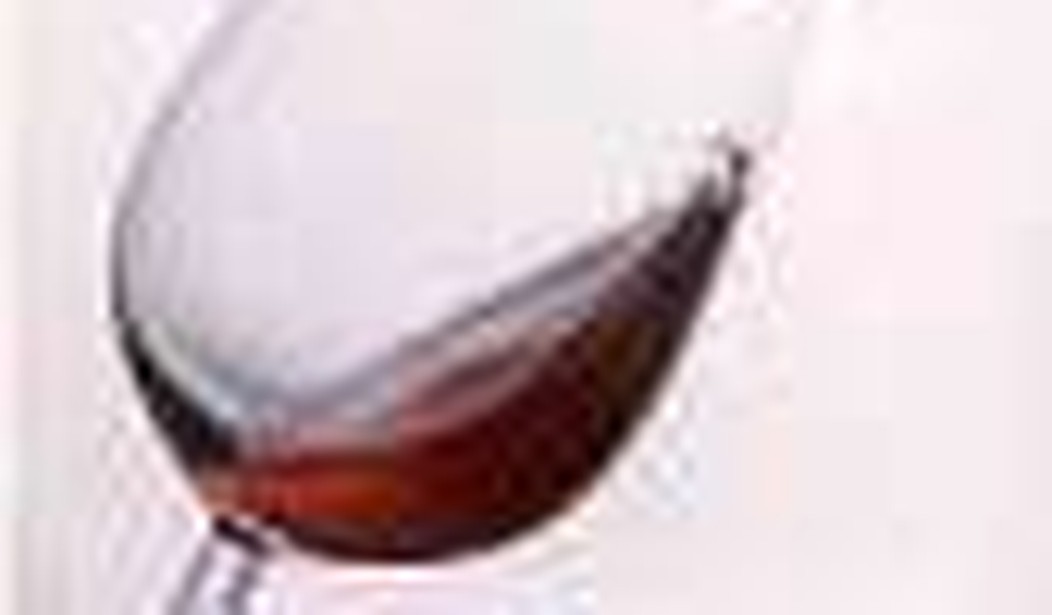Q: Is red wine really good for you? I prefer white wine-should I switch?
A: As a resident of one of California’s lush grape-growing regions, answering this excellent question may prove hazardous to my health. But I’ll risk it…
In 1991, Professor Serge Reynaud unveiled a landmark concept in the British medical journal, Lancet. He described the “French Paradox,” the strange phenomenon that French citizens have lower heart disease mortality rates than other western nations despite higher smoking rates and a cholesterol-rich diet.
Professor Reynaud attributed this phenomenon to wine consumption-particularly red wine.
Red wine is rich in antioxidants, compounds that protect the heart by increasing HDL levels in the blood (“good cholesterol”) and prevent the formation of blood clots and cholesterol-laden plaques. These clots and plaques block arteries in the heart and brain, leading to heart attacks and strokes.
This article was met with delight by cardiologists and oenophiles alike. But is it as simple as “a Merlot a day keeps the doctor away”?
Unfortunately, no.
Hearts, Livers and the AHA
The American Heart Association (AHA) cautions that every good intention has an unintended consequence. Though light to moderate alcohol intake (One or two drinks 3-4 times weekly for men, less for women) did appear to reduce rates of heart disease in some people studied, for others there were damaging effects.
The way that alcohol is broken down in the human body requires our systems to deal with a toxic, formaldehyde-like material. This toxin, acetaldehyde, decreases oxygen levels. It also depletes critical vitamins like Niacin and Thiamine and actually destroys the ability of brain cells to communicate.
Alcohol raises levels of triglycerides, another type of fat in the blood. Carbohydrates are found in wine, beer and spirits; high blood pressure and diabetes result from excess caloric intake. Alcohol consumption is associated with higher risks of suicide, liver damage, breast cancer and-no surprise-alcoholism. It is not possible to predict which drinkers will develop these problems, even among those who intend to drink only moderately.
Therefore, the AHA recommendation is for non-drinkers not to start drinking as a good health measure.
Shaken, Not Decanted
Is red wine better than white wine or booze?
This difficult question was made no less complicated by research that examined the size of the different antioxidants found in wine. It was demonstrated that although red wine has higher levels of protective antioxidants than did white wine, the protective compounds in white wine are smaller, more easily absorbed and may be more efficient. Still too clear? Add this mixer: beer also contains compounds that thin the blood and therefore may be protective as wine against clot formation.
Grape Juice and “Wine by the Pill”
If alcohol is potentially dangerous, shouldn’t grape juice or extracts from wine be just as beneficial without the side effects?
In a word, no. Alcohol, especially consumed on an empty stomach, increases the absorption of beneficial antioxidants. Though there may be helpful effects from consuming antioxidants from other sources, there does appear to be an effect specific to alcohol-containing drinks.
What Do I Do?
As of 2005, there is no “one cask fits all” answer to this question. For light to moderate drinkers (for women, one drink daily or less), there isn’t clear evidence to support recommending abstinence. For non-drinkers, there is significant evidence against starting to drink just for heart protective effects.
For heavy drinkers, medical recommendations are the most clear: whether the alcohol comes in a six-pack or a fancy bottle. eliminating or drastically reducing alcohol consumption is critical to preventing the cascade of physical, emotional and financial damage associated with heavy use. A sobering thought, indeed.









Join the conversation as a VIP Member